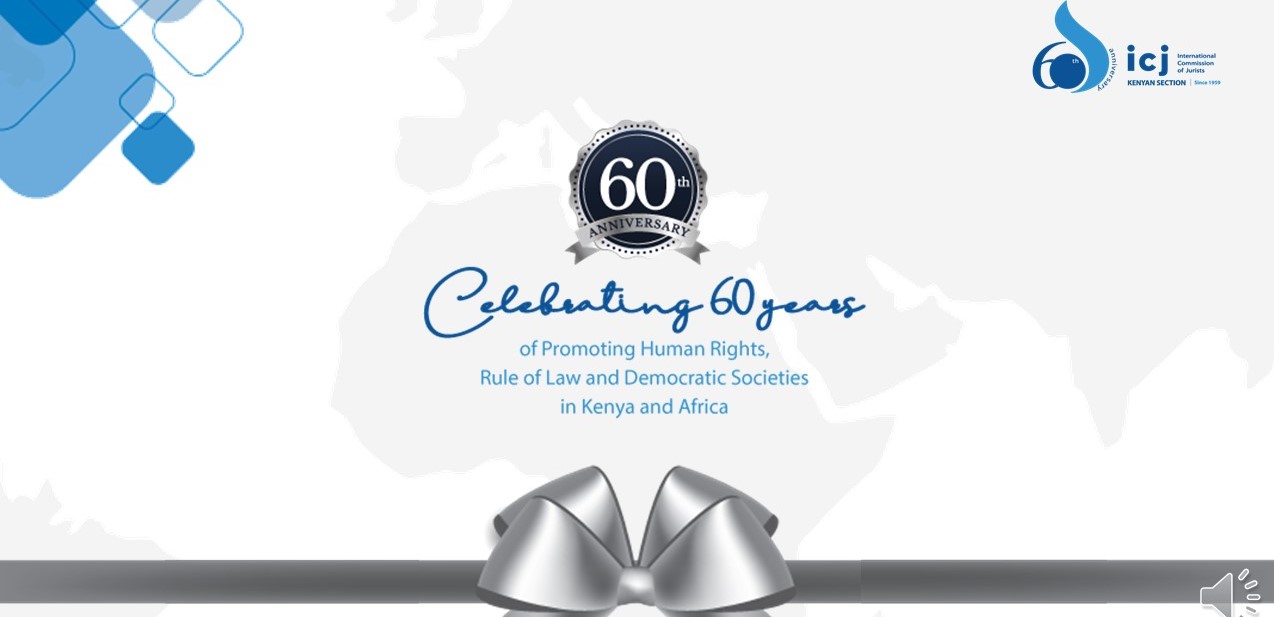By Sarah Nyakio
Following the suspension of Sudan from the African Union after the Rapid Support Forces (RSF) killed more than 100 peaceful protesters on Monday, June 3, 2019. International Justice Programme Manager Edigah Kavulavu said: we are deeply concerned about the deterioration of the political and security situation in Sudan.
“We strongly condemn the attacks by the security forces. The African Union must continue to demand the Transitional Military Council to address the situation through dialogue.”
In a statement, the AU said Sudan would remain suspended until a civilian-led transitional authority is established. Sudan’s military took power in April 2019 after a month-long popular uprising led to the overthrow of longtime authoritarian President Omar Al-Bashir. Sudan’s security forces must stop the ongoing killing of protesters. The blatant violation of human rights must stop immediately, and investigations must be launched into all allegations of human rights violations, including the deaths reported in the context of the protests.
By engaging in these demonstrations, the people of Sudan are exercising their lawful right to liberty of speech and peaceful assembly. Instead of attempting to curtail these freedoms, the state should tackle the root causes of the crisis that has pushed individuals into the streets.
The Sudanese rights to freedom of expression, peaceful assembly and association, which are critical for the evolution, must be protected, respected and fulfilled.
Investigations into all accusations of unlawful killing, torture and other ill-treatment and death in custody since December 2018 must be fair, thorough and transparent.
“We hope that the constitutional order will be restored as soon as possible in a democratic manner.” Kavulavu avowed.
Background
On 19 December 2018, a series of demonstrations broke out in several Sudanese cities, due in part to rising costs of living and deterioration of economic conditions at all levels of society. The government had introduced new austerity measures, including cuts to bread and fuel subsidies, following a decrease in oil production and years of US sanctions. The protests quickly turned from demands for urgent economic reforms into demands for President Omar Al-Bashir to step down.
The violence of the government’s reaction to these peaceful demonstrations sparked international concern. On 22 February 2019, Al-Bashir declared a state of emergency and dissolved the national and regional governments, replacing the latter with military and intelligence-service officers.
On 8 March 2019, Al-Bashir announced that all of the women jailed for protesting against the government would be released. On the weekend of 6–7 April 2019, there were massive protests for the first time since the declaration of the state of emergency. On 10 April 2019, soldiers were seen shielding protesters from security forces, and on 11 April, the military removed Al-Bashir from power in a coup d’état.
Since Al-Bashir was deposed, demonstrators have continued, as protesters organized by the Sudanese Professionals Association and democratic opposition groups have engaged in street demonstrations, calling on the ruling Transitional Military Council to “immediately and unconditionally” step aside in favour of a civilian-led transitional government, and urging other reforms in Sudan.
Photo Credits: https://theglobepost.com/2019/04/25/sudan-democratic-transition/











